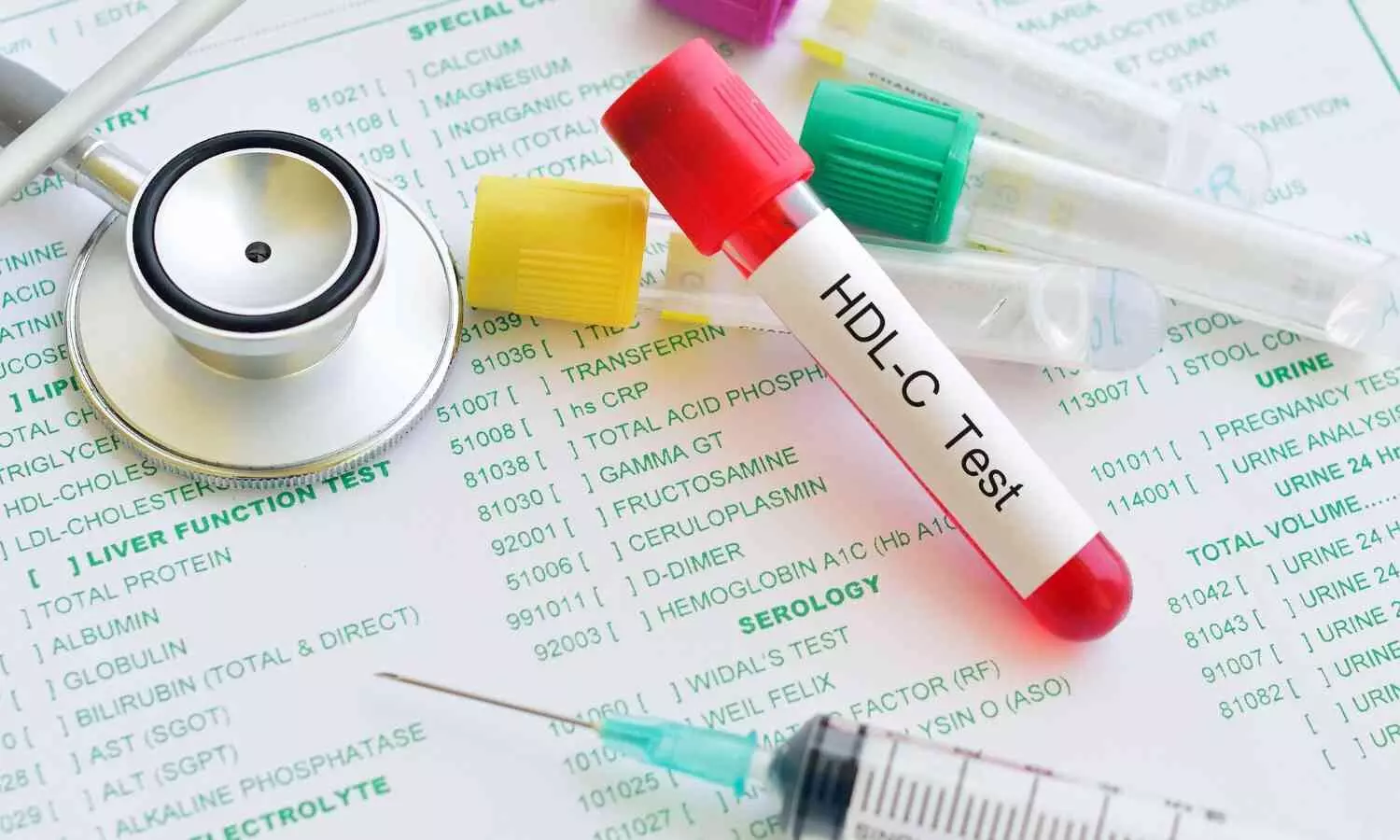Study Links First Sign of Alzheimer’s in Women to Quality of HDL Cholesterol

New Delhi: A new study has revealed that the quality of high-density lipoprotein cholesterol (HDL-C), rather than its quantity, plays a key role in reducing the risk of cognitive decline and Alzheimer’s disease, particularly in women.
Published in the Journal of Clinical Endocrinology and Metabolism, the research focuses on how changes in HDL particles during midlife, especially during the menopause transition, affect brain health.
Researchers from the University of Pittsburgh found that as women age, the number of larger HDL particles in their blood increases, but these larger particles are less effective than their smaller counterparts.
“We were able to show that as early as midlife, women who have more of the smaller-sized particles and those whose particles’ concentrations of phospholipids increased over the menopause transition are more likely to experience better episodic memory later in life,” said Dr. Samar R. El Khoudary, professor of epidemiology at Pitt Public Health.
The study highlights that the first signs of cognitive decline, particularly the loss of working memory, are often precursors to Alzheimer’s disease.
HDL particles vary not only in size but also in composition and function, and the study found that smaller HDL particles with higher phospholipid concentrations are more beneficial for cognitive performance.
Over time, women’s cognitive function was repeatedly assessed from 2000 to 2016, and these findings were compared with changes in their HDL particle size, composition, and function.
The researchers also pointed out that lifestyle and health behaviours can influence the quality of HDL particles. Previous work by the research team showed that adding phospholipid-rich HDL particles in the bloodstream, through healthy behaviours, improves particle function.
"That’s the good news in this developing picture of brain health and the ‘not-so-good-after-all’ cholesterol," added El Khoudary.
While high levels of HDL-C may not offer as much protection against cognitive decline as previously thought, the study suggests that improving the quality of HDL particles, even as early as the 40s, could have a positive impact on brain health and memory preservation later in life.


